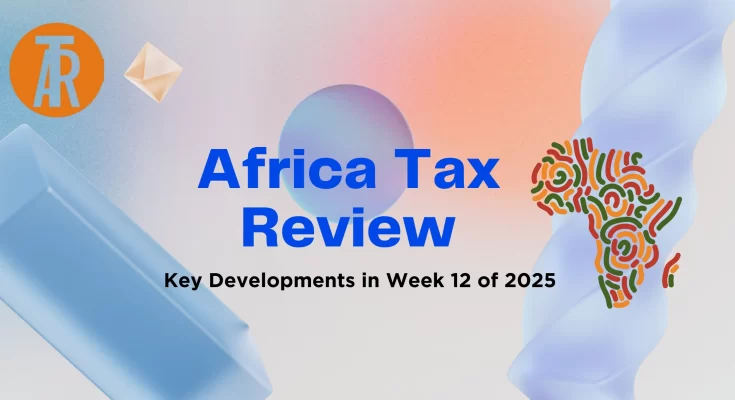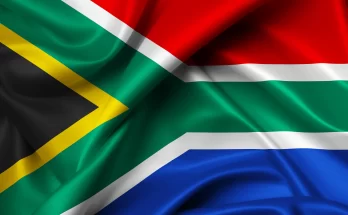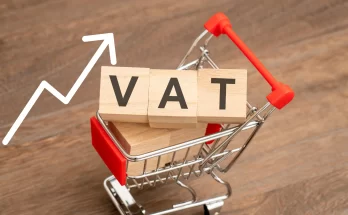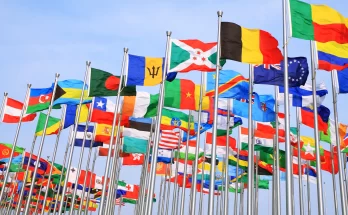Table of Contents
Week 12 of 2025 was marked by intense fiscal developments in South Africa, where political negotiations around tax policy reforms reached a boiling point.
These events offered significant insights into how African economies are responding to internal fiscal pressures, public resistance, and the need for policy coherence. Below is a comprehensive professional analysis with relevant sources.
Africa Tax Review: Key Developments in Week 12 of 2025
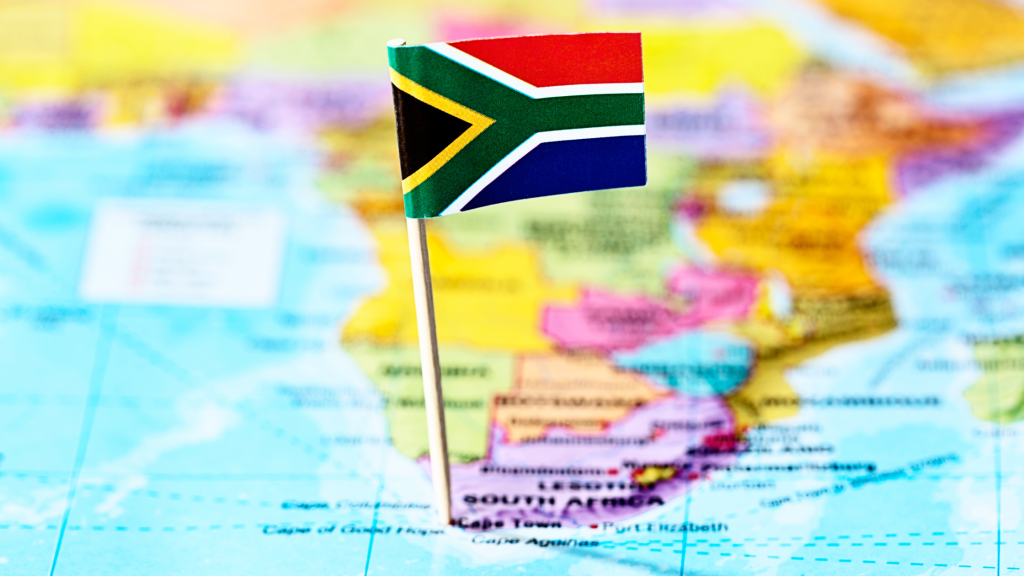
1. South Africa: Budget Stalemate Driven by VAT Proposal
South Africa entered a fiscal impasse this week as Parliament failed to reach consensus on the 2025 national budget, primarily due to the proposed increase in Value-Added Tax (VAT).
The revised proposal from Finance Minister Enoch Godongwana recommended a staggered VAT rise—from 15% to 15.5% starting May 1, 2025, and 16% by April 1, 2026.
Although the government aimed to use the additional revenue to support health and defense spending, opposition parties—particularly the Democratic Alliance (DA)—voiced strong disapproval, citing its disproportionate impact on low-income households already burdened by inflation.
The political gridlock has left the country at risk of entering a new fiscal year without an approved budget, a scenario without precedent in South Africa’s democratic history.
Sources:
Reuters (2025). What’s next for South Africa’s budget and VAT hike proposal.
Reuters (2025). Moody’s expects South Africa’s coalition to reach budget compromise.
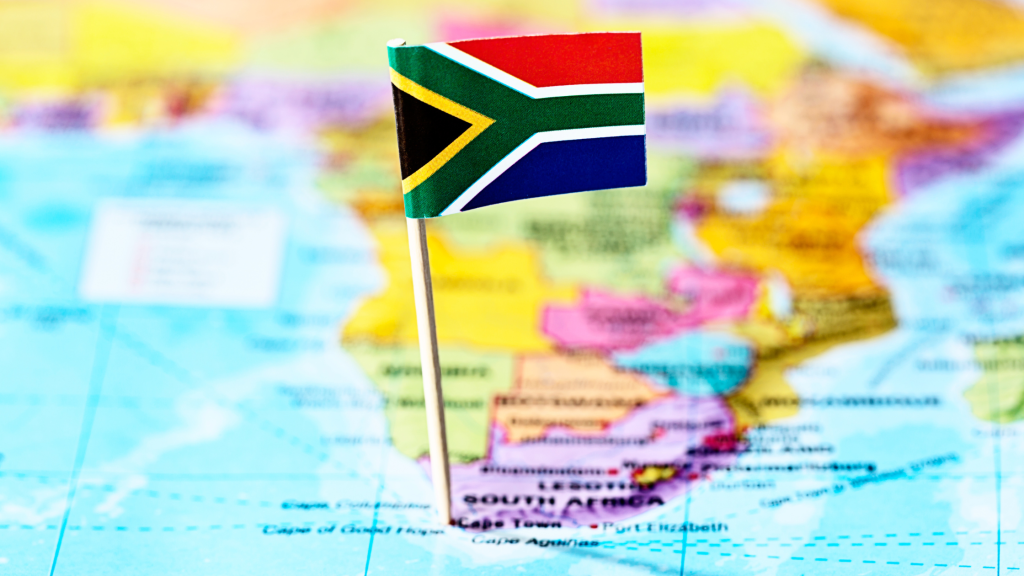
2. Revenue Strategy: R28 Billion Target Through Tax Adjustments
As part of the 2025/2026 fiscal plan, the South African Treasury announced that it intends to generate an additional R28 billion through strategic tax measures. These include:
R18 billion from personal income tax by freezing inflation adjustments on tax brackets and rebates, a practice known as “bracket creep.”
R1.5 billion through the retention of current medical aid tax credits.
R8.5 billion from the VAT hike and increased excise duties on alcohol and tobacco.
This multi-pronged strategy is intended to strengthen revenue without introducing new taxes, though critics argue it will indirectly raise the tax burden on the middle class.
Sources:
South African National Treasury (2025). Budget Speech by Minister Enoch Godongwana.
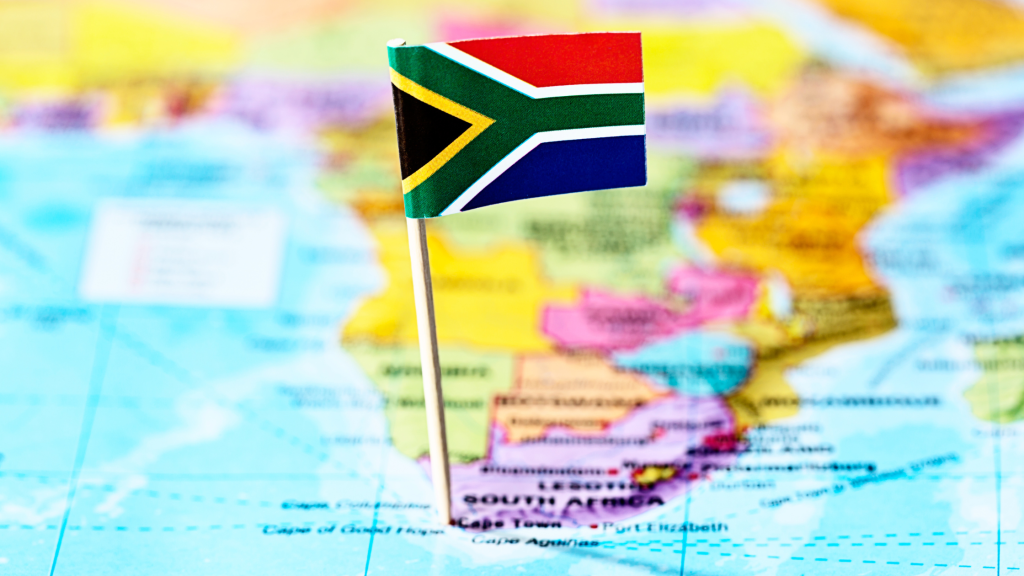
3. South African Reserve Bank Holds Interest Rates Amid Budget Uncertainty
On March 20, 2025, the South African Reserve Bank (SARB) announced it would maintain its benchmark repo rate at 7.50%. Governor Lesetja Kganyago emphasized the importance of monetary policy caution in the face of unresolved fiscal negotiations, VAT uncertainty, and global economic instability.
The SARB’s decision to hold rates stable reflects a broader attempt to preserve investor confidence and economic stability while the executive and legislative branches resolve the ongoing budget impasse.
Source:
Reuters (2025). South African Reserve Bank keeps main interest rate unchanged.
Conclusion
The events of Week 12 underline the critical balance African governments must strike between fiscal consolidation and political consensus.
South Africa’s stalled VAT reform and broader tax strategy debate reveal how taxation remains both an economic and political lever—capable of stabilizing public finances but also of disrupting political alliances.
The coming weeks will be crucial in determining whether a workable compromise can be achieved to keep governance and public services on course.
Olatunji Abdulrazaq CNA, ACTI, ACIArb(UK)
Founder/CEO, Taxmobile.Online

